Anti Vegf
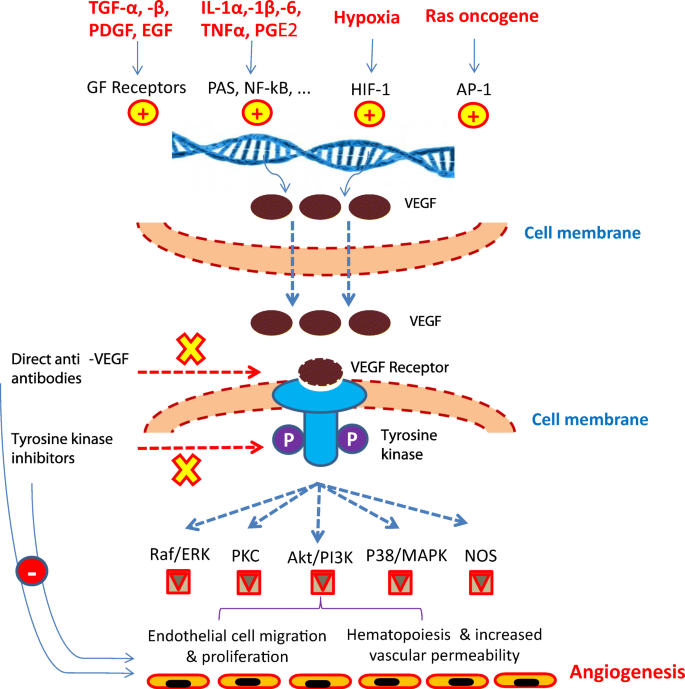
A Literature Analysis On Anti Vascular Endothelial Growth Factor Therapy Anti Vegf Using A Bibliometric Approach Springerlink
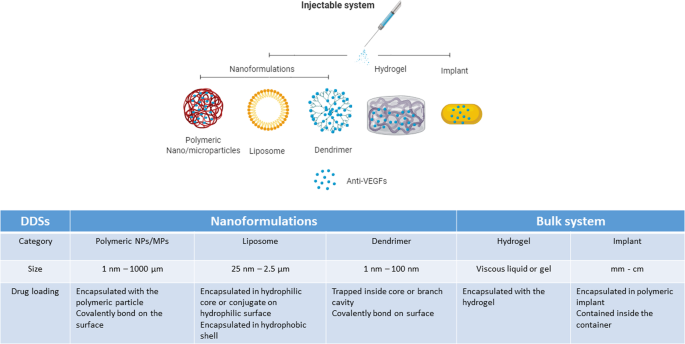
Use Of Biomaterials For Sustained Delivery Of Anti Vegf To Treat Retinal Diseases Eye

Anti Vegf Targeted As Potential Namd Treatment Ophthalmology Times
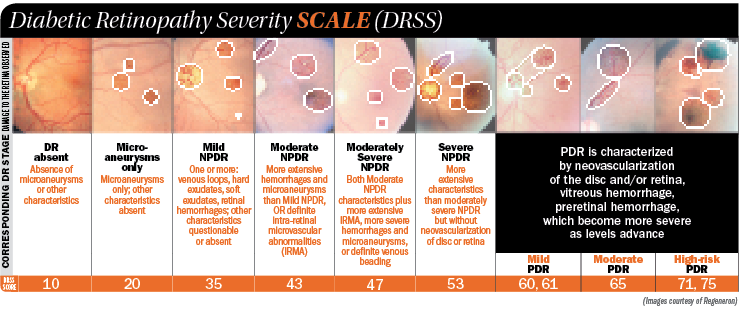
Anti Vegf Expansion Treats All Dr Stages Modern Retina
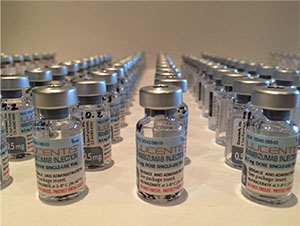
Anti Vegf Everywhere But Not A Drop To Use
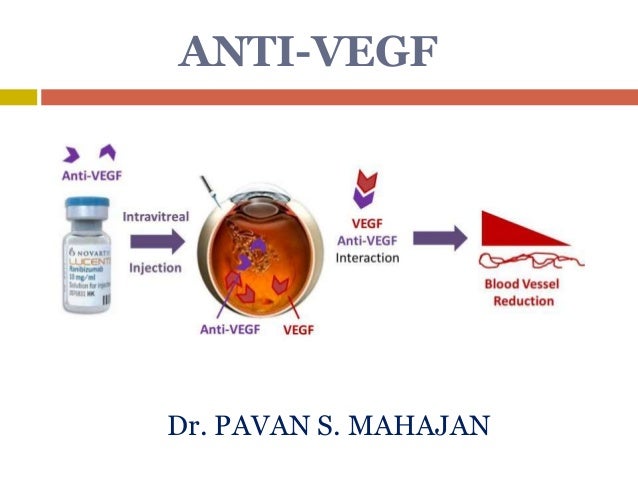
Vegf Ant Vegf
New AntiVEGF Drugs in Ophthalmology This review focuses on 5 new antiVEGF drugs in the advanced stage of clinical development (ie, phase 3) conbercept, brolucizumab, port delivery system with ranibizumab, abicipar pegol and faricimab Results of clinical trials and the advantages of each drug compared to the available molecules ar.
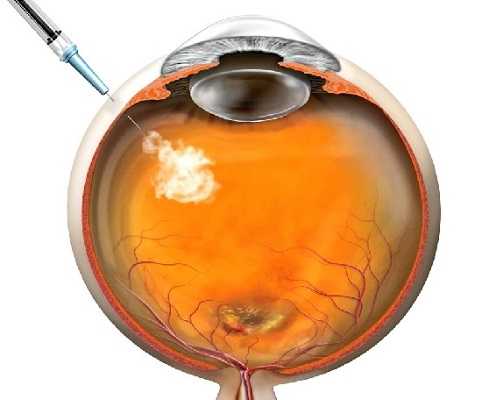
Anti vegf. Dilution range 1pg/ml to 1µg/ml using Capture Antibody Mouse monoclonal mVmh to VEGF Receptor 2 (ab) at 5µg/ml and Detector Antibody Rabbit polyclonal to VEGF Receptor 2 (ab) at 05µg/ml. Intravitreal injections of the antivascular endothelial growth factor (VEGF) drug aflibercept induce regression of disease in patients with moderately severe to severe nonproliferative diabetic retinopathy (NPDR) and without diabetic macular edema (DME), according to new results of the PANORAMA trial Advertising Policy. AntiVEGF drugs inhibit VEGF by binding or trapping it, thereby preventing it from promoting the growth of new abnormal blood vessels 2 Synthetic nucleic acid or protein molecules called aptamers have been designed to bind VEGF and prevent it from exerting downstream effects 1 Types of antiVEGF drugs.
Kelly Davio Even as biosimilars of anti–vascular endothelial growth factor (antiVEGF) agents are coming to market and advancing through the pipeline, a new agent that may have substantial benefits for patients with wet agerelated macular degeneration (AMD) has been approved by the FDA brolucizumab, which sponsor Novartis will sell as Beovu Even as biosimilars of anti—vascular endothelial growth factor (antiVEGF) agents are coming to market and advancing through the pipeline, a new. Vascular endothelial growth factor isoform VEGF;. AntiVEGF therapies therefore aim to prevent this abnormal blood vessel formation by blocking VEGF action VEGF is a cell protein that helps create and repair blood vessel networks There are two widely available antiVEGF therapies A commercially produced antibody is a molecule generated against a specific peptide.
AntiVEGF Therapy AntiVEGF Therapy Avastin™ Avastin™ is a medication that can reduce swelling in the macula, prevent further vision loss and even improve vision for some patients with agerelated macular degeneration or AMD It works by stopping the body from producing VEGF (vascular endothelial growth factor), a chemical that makes abnormal blood vessels grow. AntiVEGF agents are proving to be useful for addressing a number of conditions, including diabetic macular edema and proliferative diabetic retinopathy, but today they are most often used to treat wet agerelated macular degeneration. AntiVEGF medicine blocks VEGF, slowing the growth of blood vessels in the eye This slows or stops damage from the abnormal blood vessels and slows down vision loss Sometimes it can even improve vision Ophthalmologists use antiVEGF medicines to treat the following eye problems.
This antiVEGF induced renal microangiopathy is rarely associated to the classical hematologic abnormalities found in acute thrombotic microangiopathy (TMA), as it occurs among other things in typical, atypical haemolytic uremic syndrome, or malignant hypertension Intravitreal injection of antiVEGF agent is supposed to be safe. However, biomarkers for bevacizumab efficacy are not yet known Current studies show that VEGFs are not the only promoters of angiogenesis. In recent years, antiVEGF medications have greatly improved treatment for diabetic retinopathy, with clear indications of diabetic macular edema However, the timing and need for antiVEGF medications in treating proliferative diabetic retinopathy is not entirely known.
AntiVEGF agents have been employed for a variety of uses in the treatment of ocular disease, and several reports have shown both acute and chronic increases in intraocular pressure following injection of these drugs This article will review these data and their relevance to glaucoma History. The anti VEGF injections do not cure the aging process, but they help control the leakage and bleeding from the new vessels, hence reducing the swelling in retina and the symptoms of distorted vision In Vein occlusions, the main disease is due to occurrence of thrombus (clot) in the retinal vein The injection does not remove the clot, but it. Drugscom provides accurate and independent information on more than 24,000 prescription drugs, overthecounter medicines and natural products This material is provided for educational purposes only and is not intended for medical advice, diagnosis or treatment Data sources include IBM Watson Micromedex (updated 6 Jan 21), Cerner Multum™ (updated 4 Jan 21), ASHP (updated 6 Jan 21.
AntiVEGF agents have been employed for a variety of uses in the treatment of ocular disease, and several reports have shown both acute and chronic increases in intraocular pressure following injection of these drugs This article will review these data and their relevance to glaucoma History. Treatments for Wet AMD AntiVEGF Therapy VEGF is an acronym for vascular endothelial growth factor Currently, the most common and effective clinical treatment for wet Agerelated Macular Degeneration is antiVEGF therapy – which is periodic intravitreal (into the eye) injection of a chemical called an “antiVEGF”. AntiVEGF treatment maintains acuity over 10 years Patients receiving continuous injections of antiVEGF drugs for treatment of wet age related macular degeneration (wAMD) can take comfort in knowing that they are keeping their initial visual acuity long term As reported in the September 29 issue of Ophthalmology Retina, the LATAR study found.
The introduction of antivascular endothelial growth factor (VEGF) agents has revolutionized therapy for a host of ocular diseases associated with leakage from normal blood vessels and pathologic blood vessel growth AntiVEGF Use in Ophthalmology is an allinclusive reference designed to provide detailed, uptodate, and clinically relevant information on the current use of antiVEGF agents in the treatment of all ocular conditions. What Conditions Are Treated with AntiVEGF Medicine?. Avastin) has been approved by the FDA as a firstline treatment for metastatic.
AntiVEGF treatments are a group of medicines which reduce new blood vessel growth (neovascularisation) or oedema (swelling) AntiVEGF medicines can be used to treat a number of eye conditions that cause new blood vessel growth or swelling under the macular area of your retina, at the back of the eyes The macula is a tiny area of your central retina, which is very important for seeing. AntiVEGF drugs aim to stop the activity of VEGF and prevent the formation of these problematic new vessels There are three main antiVEGF drugs currently used Avastin (bevacizumab). Vascular endothelial growth factor;.
AntiVEGF therapy for agerelated macular degeneration yields improved acuity for eyes with VMID. AntiVEGF treatments are a group of medicines which reduce new blood vessel growth (neovascularisation) or oedema (swelling) AntiVEGF medicines can be used to treat a number of eye conditions that cause new blood vessel growth or swelling under the macular area of your retina, at the back of the eyes The macula is a tiny area of your central retina, which is very important for seeing detail, colour and objects directly in front of you. VEGR and VEGFR (a tyrosine kinase receptor) signaling modulates angiogenesis, which involves making of new blood vessels from existing blood vessels Abnormal angiogenesis is known to occur in cancer, degenerative eye conditions and other conditions that involve inflammation Specific monoclonal antibodies can be used as VEGF inhibitors and particular tyrosine kinase inhibitors are used as VEGFR inhibitors.
AntiVEGF Therapy Effective in Treating HighRisk Nonproliferative Diabetic Retinopathy Without Diabetic Macular Edema Intravitreal injections of the antivascular endothelial growth factor drug aflibercept induce regression of disease in patients with moderately severe to severe nonproliferative diabetic retinopathy and without diabetic macular edema, according to new Cleveland Clinic research. Anti–vascular endothelial growth factor therapy, also known as antiVEGF therapy or antiVEGF medication, is the use of medications that block vascular endothelial growth factorThis is done in the treatment of certain cancers and in agerelated macular degenerationThey can involve monoclonal antibodies such as bevacizumab, antibody derivatives such as ranibizumab (Lucentis), or orally. Regeneron markets an antiVEGF drug called Eyelea (aflibercept) Gabbay said another way to treat the diabetic retinopathy is to cauterize blood vessels by burning tiny holds in the retina Gabbay said this is the “tried and true” approach but used after antiVEGF therapy.
Conbercept (Lumitin, Chengdu Kang Hong Biotech) is an antiVEGF agent that has been approved in China for treatment of neovascular AMD Its chemical structure differs slightly from that of agents available in the United States, potentially providing a therapeutic advantage in the treatment of neovascular AMD. AntiVEGF medications have been proven to stabilize vision in 90% of people, and improve vision in 30% of people The antiVEGF injections are administered in your eye doctor’s office Before the procedure, numbing eye drops will be placed into your lower eyelid to reduce any pain during administration. AntiVEGF Treatment for AMD Brochure Almost 50% of all American adults have trouble understanding information written above the 8th grade reading level To tackle this health literacy challenge and improve patient's comprehension and recall, the Academy develops patient education content that meets bestinclass readability and information design standards.
The first antiVEGF drug, a monoclonal antibody named bevacizumab, was approved in 04 Approximately 10–15% of patients benefit from bevacizumab therapy;. Figures 1 and 2) is a common cause of vision loss in the industrialized worldAccording to the 17 American Society of Retina Specialists Preferences and Trends survey, more than 90% of US and international retina specialists use antivascular endothelial growth factor (antiVEGF. Over the past few years, antivascular endothelial growth factor (VEGF) therapy has become a standard treatment for neovascular agerelated macular degeneration (AMD) During this time, treatment.
However, comprehensive ophthalmologists who inject antiVEGF agents believe advanced residency training in retina care has sufficiently prepared them to provide antiVEGF therapy, which they say is needed in remote places where retinal specialists can be hours away from needy patients Rising demand for treatments could also soon be a concern. Patients with VMID are not necessarily treatment resistant for AMD A study that reviewed patients with vitreomacular interface disease (VMID) undergoing treatment for exudative agerelated macular degeneration (AMD) found that antivascular endothelial growth factor therapy improved bestcorrected visual acuity and decreased central foveal thickness despite continued traction. Macular edema (ME) related to branch retinal vein occlusion (BRVO) and central retinal vein occlusion (CRVO;.
230% and 164% had moderate or severe renal disease. Ronald Frenkel, MD, a retinal and glaucoma specialist in Stuart, Florida, believes changes in antiVEGF therapy will continue to evolve, especially as efforts to address care disparities and disease burden progress “This will be an individualized issue,” he says. AntiVEGF injections helped him maintain bestcorrected visual acuities of /30 OD, /70 OS Click image to enlarge Drugs in the Literature Currently, several antiVEGF agents are available and each have pros and cons While optometrists don’t make the decision about which agent to inject, a robust understanding of the various agents.
In multiple clinical studies over the past two decades, anti–vascular endothelial growth factor (VEGF) therapy has led to dramatic improvements in the vision of patients with neovascular age. AntiVEGF treatment is a step forward in the treatment of wet AMD because it targets the underlying cause of abnormal blood vessel growth The treatment may offer new hope to thousands of people diagnosed with wet AMD. Regeneron markets an antiVEGF drug called Eyelea (aflibercept) Gabbay said another way to treat the diabetic retinopathy is to cauterize blood vessels by burning tiny holds in the retina Gabbay said this is the “tried and true” approach but used after antiVEGF therapy.
A review of the evidence that suggests the beneficial effects of consistent treatment extend out to 10 years By Ivan J Suñer, MD, MBA, and Marc C Peden, MD July 24, W ith antiVEGF therapy patients with neovascular agerelated macular degeneration typically have significant improvements in visual acuity and quality of life While the shortterm results are nothing short of spectacular, several important questions regarding longterm management of these patients persist. AntiVEGF drugs given by injection into the eye improve vision in people with diabetic macular oedema as compared to no average improvement with laser photocoagulation One of these drugs, aflibercept, probably works slightly better after one year There did not appear to be important harms from any of these drugs. AntiVEGF shots block the protein to help stop this from happening There are three antiVEGF medicines used in DME Aflibercept (Eylea) Bevacizumab (Avastin) Ranibizumab (Lucentis).
129% and 113% had prior cerebrovascular disease;. The most common and effective treatment for wet agerelated macular degeneration (wet AMD) is called antiVEGF therapy Your doctor gives you this therapy through an injection directly into your. Paul T Finger, MD, FACS was awarded US Patent #, entitled, “AntiVEGF Treatment for Radiation Induced Vasculopathy,” on June 30, 09 He would like to acknowledge the assistance of his associates at The New York Eye Cancer Center Drs Kimberly Chin, Ekaterina Semenova, and Nadia Sachinski.
AntiVEGF therapy is wellestablished as the gold standard for retinal vascular disease, particularly macular edema due to diabetic eye disease or retinal vein occlusion Optical coherence tomography (OCT) is used regularly to inform treatment decisions, including determining whether a patient needs to be treated at all or if treatment needs to be changed. B ecause of their ability to reduce edema and new blood vessel growth in the back of the eye, antivascular endothelial growth factor (antiVEGF) medications are used to treat a number of retinarelated conditions These include wet (or neovascular) agerelated macular degeneration (AMD), diabetic macular edema (DME), retinal vein occlusion (RVO), and choroidal neovascularization (CNV). Int Ophthalmol 21 Jan 21 doi /sy Online ahead of print ABSTRACT BACKGROUND The aims of this study were to provide reallife data about the effect of COVID19 pandemic on the practice of antiVEGF injections and to evaluate the safety of the modifications in the injection protocol imposed during the ongoing pandemic on the anatomical and functional outcome of.
AntiVEGF treatment, and what is observed is dryingout of the neovascular complex that looks like GA but with a lessdeleterious impact on vision Bottom Line Continuous, regular treatment with antiVEGF agents provides outstanding results in the management of wet AMD. Understanding antiVEGF druginduced vascular alterations in healthy tissues is crucial to minimize and even to avoid adverse effects produced by currently used antiVEGF–specific drugs Systemic therapy with antiVEGF drugs such as bevacizumab is widely used for treatment of human patients with various solid tumors. This antiVEGFA designed ankyrin repeat protein (DARPin) is highly specific, has highaffinity target binding proteins is being developed by Molecular Partners and Allergan DARPins are recombinant proteins genetically engineered to bind to a specific protein, making them more potent, amenable to a better shelf life and highly soluble, which means they can be easily mixed with other agents for treatment.
Background Information VEGF (Vascular endothelial growth factor, VEGFA, VEGFA), a dimeric ligand, is among the most potent angiogenic mitogens. New AntiVEGF Drugs in Ophthalmology This review focuses on 5 new antiVEGF drugs in the advanced stage of clinical development (ie, phase 3) conbercept, brolucizumab, port delivery system with ranibizumab, abicipar pegol and faricimab Results of clinical trials and the advantages of each drug compared to the available molecules ar. AntiVEGF therapy quickly became the standard of care Largely due to the FDA approvals of ranibizumab (Lucentis, Genentech) and aflibercept (Eylea, Regeneron) for neovascular AMD—plus the increasing offlabel use of bevacizumab (Avastin, Genentech)—patients went from staving off vision loss during treatment to possibly even gaining visual.
If you have been diagnosed with any type of macular disease that is affecting the health of your retina, your eye doctor may have discussed the option of antiVEGF treatments AntiVEGF medications have been proven to reduce the progression of macular conditions and thereby decrease associated vision loss. There are two available therapeutic classes antivascular endothelial growth factor (antiVEGF) and corticosteroids 7 The efficacy and the safety of antiVEGF IVT has already been demonstrated in DME, with an increase in bestcorrected visual acuity (BCVA) and a decrease in central subfield thickness (CST) 8, 9. In addition, antiVEGF treatment was used in 491% (n = 3571) of patients receiving vitrectomy and visual acuity results were similar in patients regardless of antiVEGF use Overall, very little difference was found in visual acuity whether or not antiVEGF medications were used.
In new data presented at the American College of Ophthalmology (AAO) Virtual Conference, investigators examined new treatment patterns for patients with diabetic retinopathy A team led by Jeremiah Brown, MD, investigated the use of antivascular endothelial growth factor (antiVEGF) treatments in patients with proliferative diabetic retinopathy using the AAO Intelligent Research in Sight. AntiVEGF monoclonal antibodies and other VEGF inhibitors block the growth of several tumor cell lines in nude mice Clinical trials with VEGF inhibitors in a variety of malignancies are ongoing Recently, a humanized antiVEGF monoclonal antibody (bevacizumab;. Anti–vascular endothelial growth factor (VEGF) treatment was associated with preserved useful visual acuity in almost % of patients with neovascular agerelated macular degeneration (nAMD).
Sandwich ELISA AntiVEGF Receptor 2 antibody (ab) Standard curve for VEGF Receptor 2 (Analyte ab );. Anti–vascular endothelial growth factor therapy, also known as antiVEGF therapy or antiVEGF medication, is the use of medications that block vascular endothelial growth factor This is done in the treatment of certain cancers and in agerelated macular degeneration They can involve monoclonal antibodies such as bevacizumab, antibody derivatives such as ranibizumab, or orallyavailable small molecules that inhibit the tyrosine kinases stimulated by VEGF lapatinib, sunitinib, sorafenib. AntiVEGF Antibody Alternate Names vascular endothelial growth factor A;.
Recently, scientists have developed several new drugs (antiVEGF) that can block the troublecausing VEGF Blocking VEGF reduces the growth of abnormal blood vessels, slows their leakage, and helps to slow vision loss Approximately onehalf of the patients who take anti VEGF agents for wet AMD experience visual gain in the first year of treatment.
Q Tbn And9gcrzgckr Lekethc3s0nxztz9bvjv93wwn9nmwesiic Usqp Cau

Intravitreal Dexamethasone Implants Versus Intravitreal Anti Vegf Treatment In Treating Patients With Retinal Vein Occlusion A Meta Analysis Bmc Ophthalmology Full Text

Anti Vegf Injections For Macular Disease Macular Disease Foundation Australia
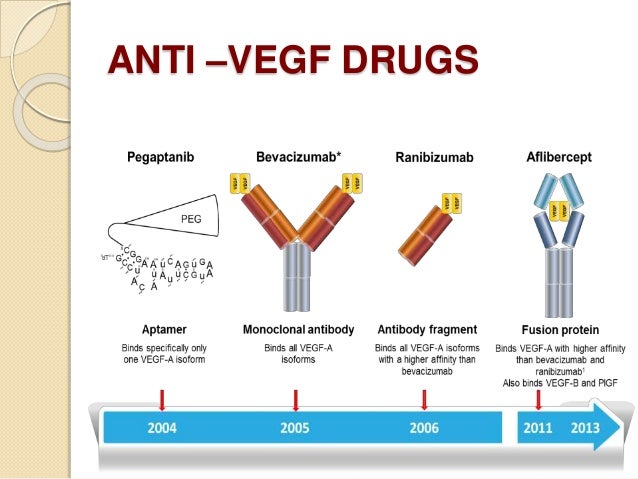
Anti Vegf Facts Myths

Eyeworld Approaches To Intravitreal Anti Vegf Injections Differ

What To Expect From Anti Vegf Therapy Sharecare

Anti Vegf Vegfr Therapy For Cancer Reassessing The Target Cancer Research

Figure 1 From Current Perspectives On The Use Of Anti Vegf Drugs As Adjuvant Therapy In Glaucoma Semantic Scholar
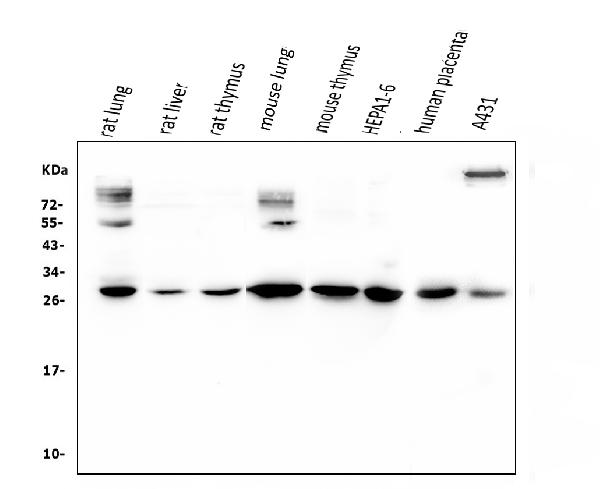
Anti Vegf Vegfa Antibody Picoband Bosterbio Pb9071

Anti Vegf Agents Available For The Treatment Of Amd Download Table

Diffusion Of Anti Vegf Injections In The Portuguese National Health System Bmj Open

Treatment Patterns For Diabetic Macular Edema An Intelligent Research In Sight Iris Registry Analysis Ophthalmology
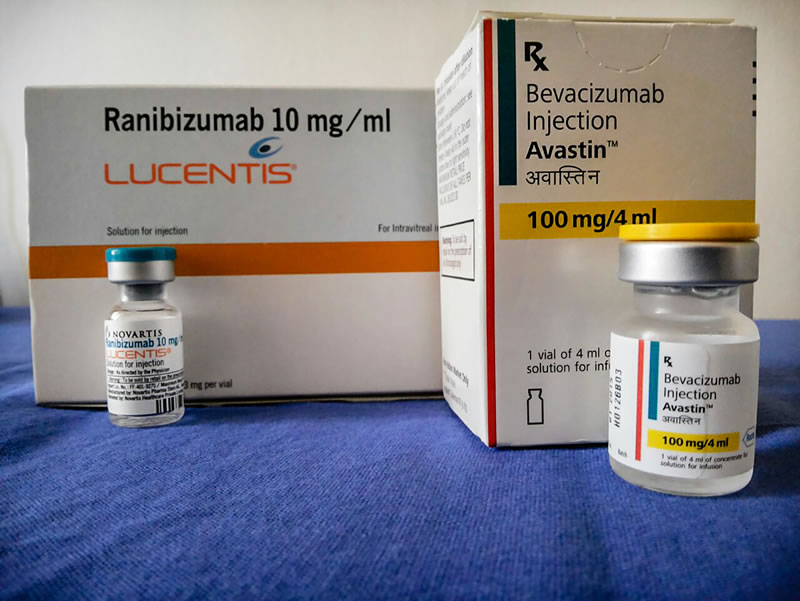
Community Eye Health Journal Anti Vegf Drugs Evidence For Effectiveness
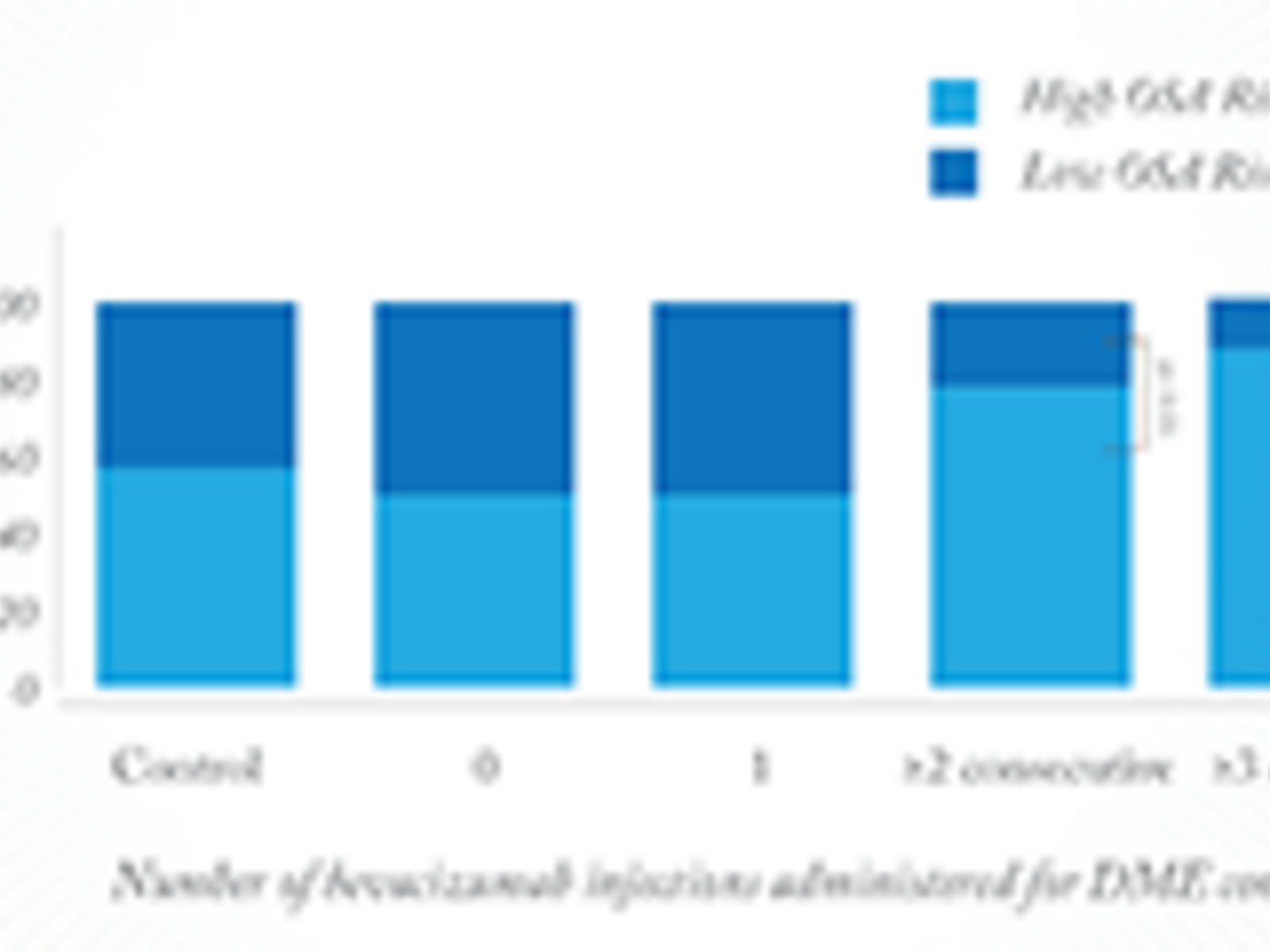
What Makes For A Poor Anti Vegf Responder

Anti Vegf Treatment For Wet Armd

Anti Vegf Treatment Strategies For Wet Amd

Intravitreal Dexamethasone Implants Versus Intravitreal Anti Vegf Treatment In Treating Patients With Retinal Vein Occlusion A Meta Analysis Bmc Ophthalmology Full Text

Treat Science Of Rvo

Recombinant Anti Vegf Receptor 2 Antibody Epr214 236 Ab Abcam

Ashu Laser Vision

Anti Vegf Facts Myths

Retinal Physician The Expanding Role Of Anti Vegf In The Management Of Diabetic Retinopathy
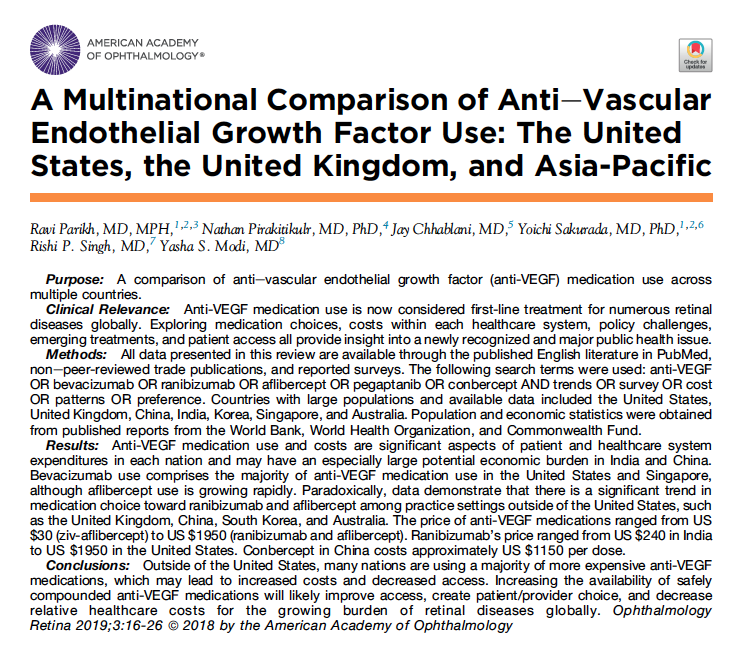
Anti Vascular Endothelial Growth Factor Anti Vegf Medication
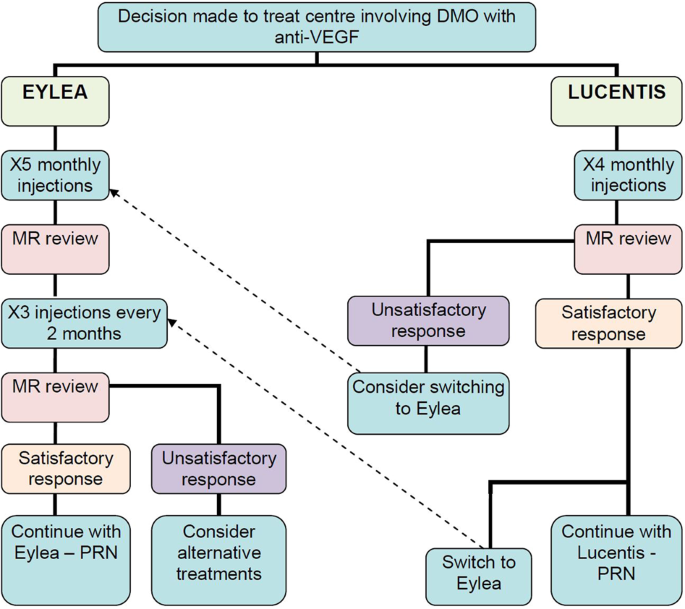
An Open Source Data Set Of Anti Vegf Therapy In Diabetic Macular Oedema Patients Over 4 Years And Their Visual Acuity Outcomes Eye
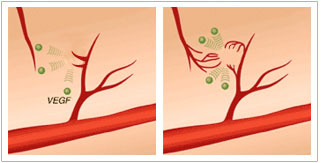
Antivegf Treatment Istanbul Retina Institute

Anti Vegf For The Management Of Diabetic Macular Edema

Fewer Anti Vegf Injections Needed After Treatment With Advm 022 In Wet Amd

Systemic Thromboembolic Side Effects Of Anti Vegf Intravitreal Injection Download Scientific Diagram

Retinal Physician Real World Outcomes Of Anti Vegf Therapy In Neovascular Amd In The United States

Vegf And Anti Vegf In Eye Disease Youtube

Anti Vegf Vegfa Vegf164 Antibody Picoband Bosterbio

Intravitreal Anti Vegf Injection Treatment Algorithms For Dme Retina Today
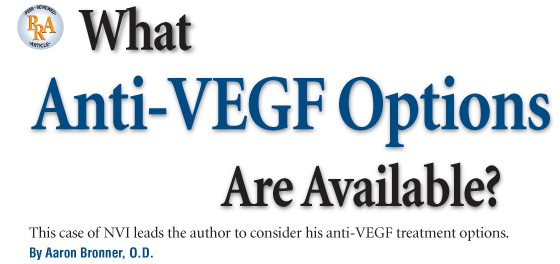
What Anti Vegf Options Are Available

Vegf Signaling Cascade And Anti Vegf Therapy Quoted From Reference 57 Download Scientific Diagram

Do Anti Vegf Eye Treatments Increase Bleeding Risk Health And Wellness Alerts

Soluble Vegf R2 Controlling Lymphangiogenesis R D Systems
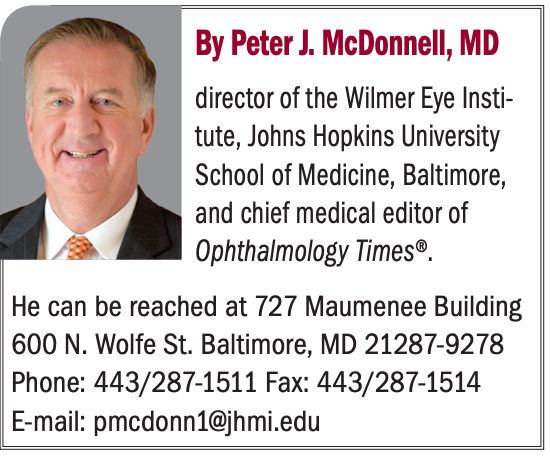
Saving Memories Do Anti Vegf Agents Contribute To Cognitive Loss Ophthalmology Times

Anti Vegf Treatments Visual Surgery
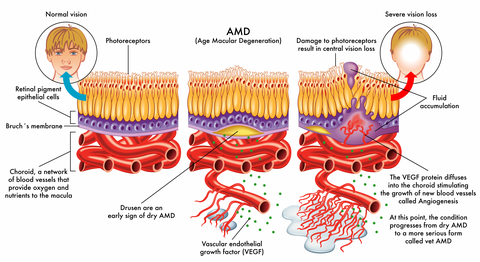
Anti Vegf How It Is Used To Treat Wet Macular Degeneration

Vegf Targeted And Anti Vegf Drugs Download Scientific Diagram
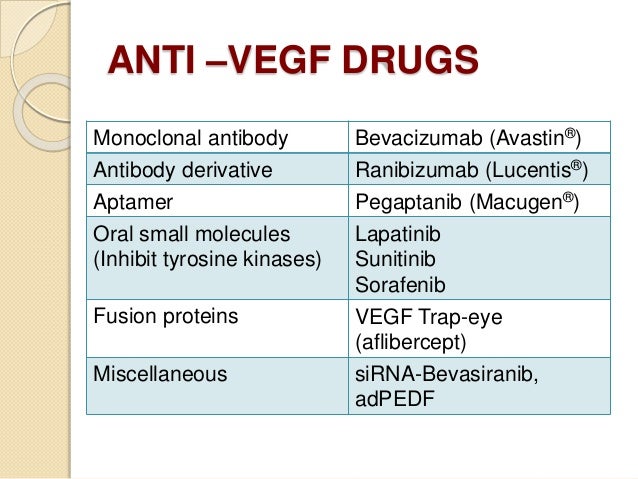
Anti Vegf S In Ophthalmology

Full Text Resistance To Anti Vegf Therapy In Neovascular Age Related Macular Deg Dddt

Retina Today Treatment Of Rop With Anti Vegf Therapy A Chilean Perspective September 17
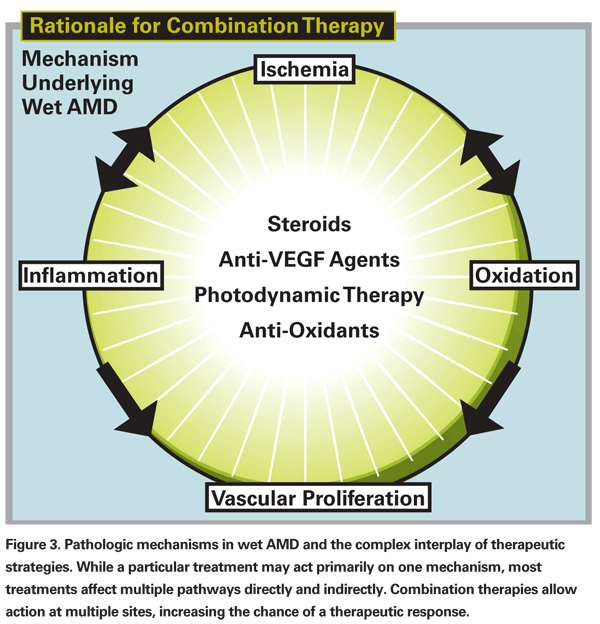
When Anti Vegf Treatment Fails

Application Of Automated Quantification Of Fluid Volumes To Anti Vegf Therapy Of Neovascular Age Related Macular Degeneration Ophthalmology

Anti Vegf Treatment Improves Neurological Function And Augments Radiation Response In Nf2 Schwannoma Model Pnas

Novel Therapeutic Targets In Diabetic Macular Edema Beyond Vegf Sciencedirect

Sierra Amd A Retrospective Real World Evidence Study Of Patients With Neovascular Age Related Macular Degeneration In The United States Ophthalmology Retina

Anti Vegf S In Ophthalmology

Use Of Anti Vegf Drugs In Retinal Vein Occlusions Bentham Science

Using The Past To Inform The Future Anti Vegf Therapy As A Road Map To Develop Novel Therapies For Diabetic Retinopathy Diabetes

Mechanism Of Action Of Anti Vegf Agents In Colorectal Cancer Adapted Download Scientific Diagram

Anti Vegf Therapy Identifying Safety Trends Ophthalmology Times
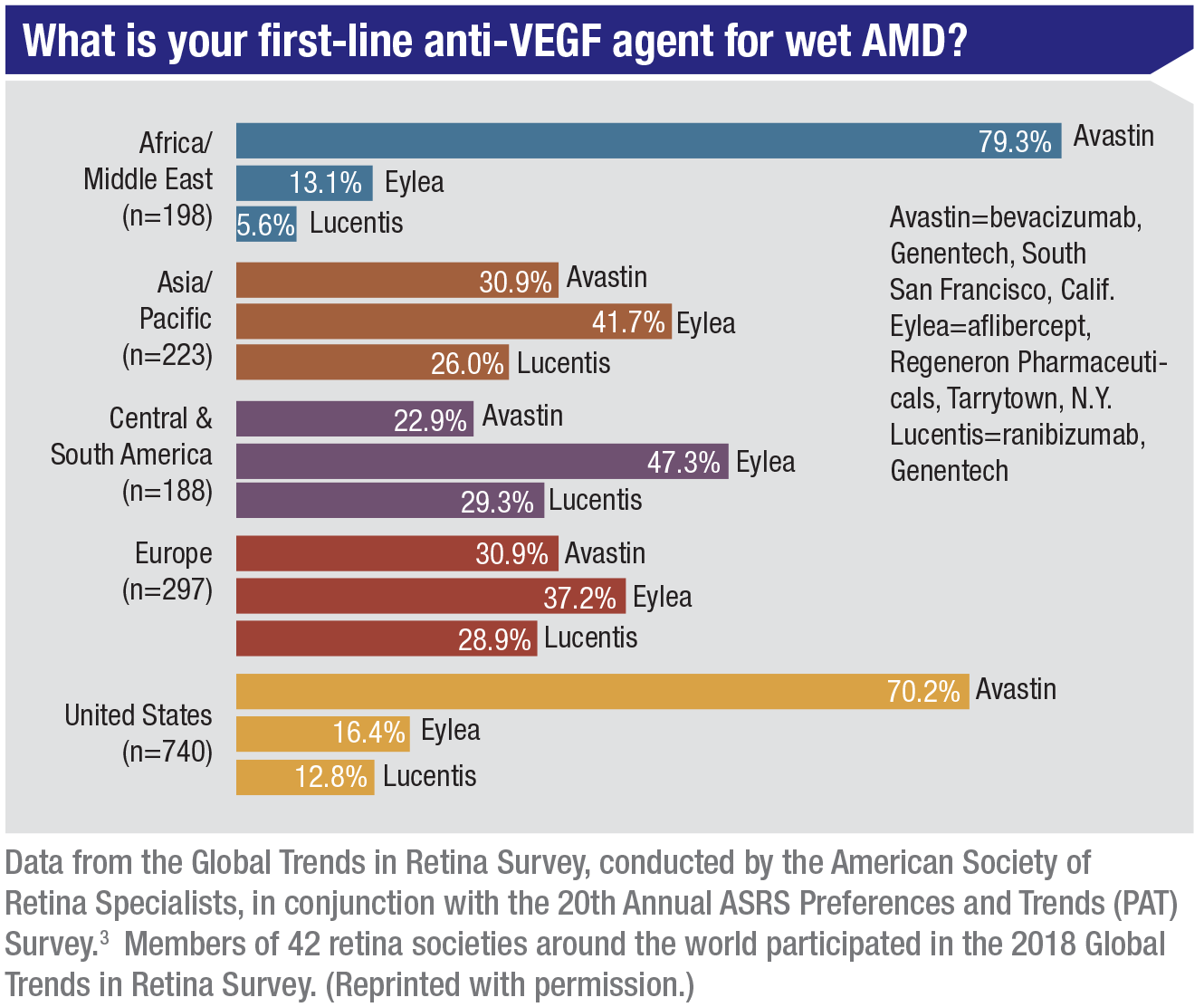
Anti Vegf 19 The State Of The Art
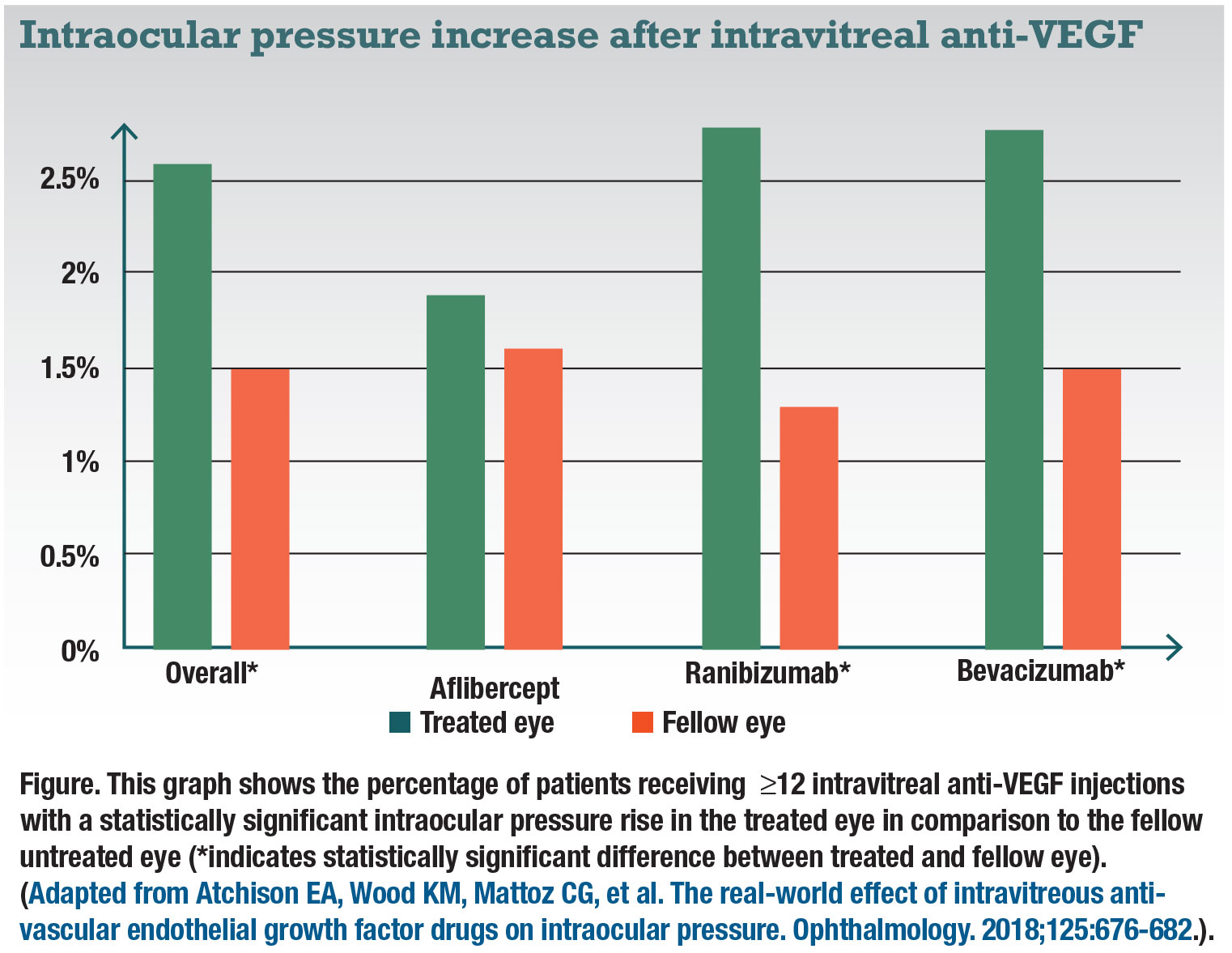
Iop And Anti Vegf Drugs What We Know So Far

Recombinant Anti Vegf Receptor 1 Antibody Y103 Ab Abcam
Intravitreally Injected Anti Vegf Antibody Reduces Brown Fat In Neonatal Mice

Optometry And Anti Vegf Co Management Mivision
Q Tbn And9gcqi6j0gzpzcoef2u0s64zyvg5avvrvcric4adb9sjvwkhs4zlwo Usqp Cau

Anti Vegf Molecular Targeted Therapies In Common Solid Malignancies Comprehensive Update For Radiologists Radiographics

Anti Vegf Karger Publishers

Identification Of Signature Genes Associated With Therapeutic Resistance To Anti Vegf Therapy Eurekalert Science News

Ocular Anti Vegf Therapy For Diabetic Retinopathy The Role Of Vegf In The Pathogenesis Of Diabetic Retinopathy Diabetes Care
Cost Comparison Table Of Anti Vegf Therapies For Wamd Aflibercept Eylea Ncbi Bookshelf
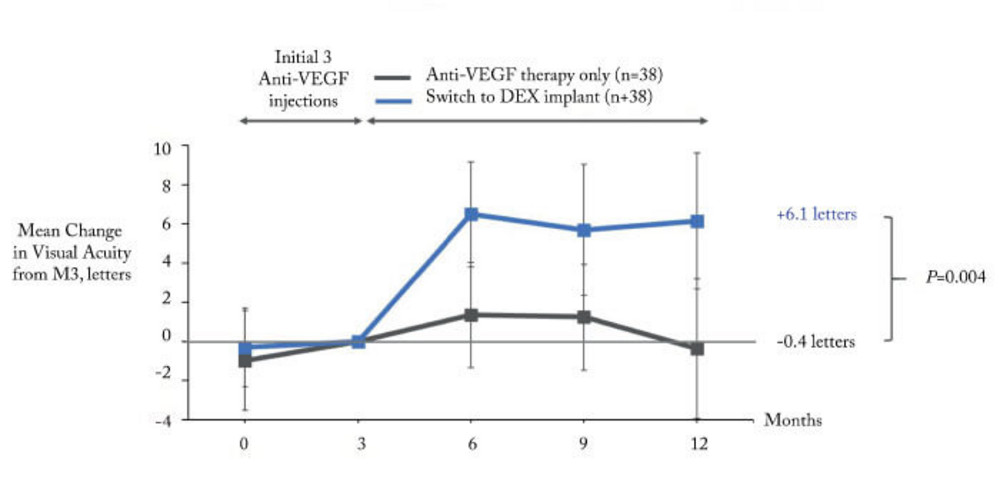
Responding To Non Responders
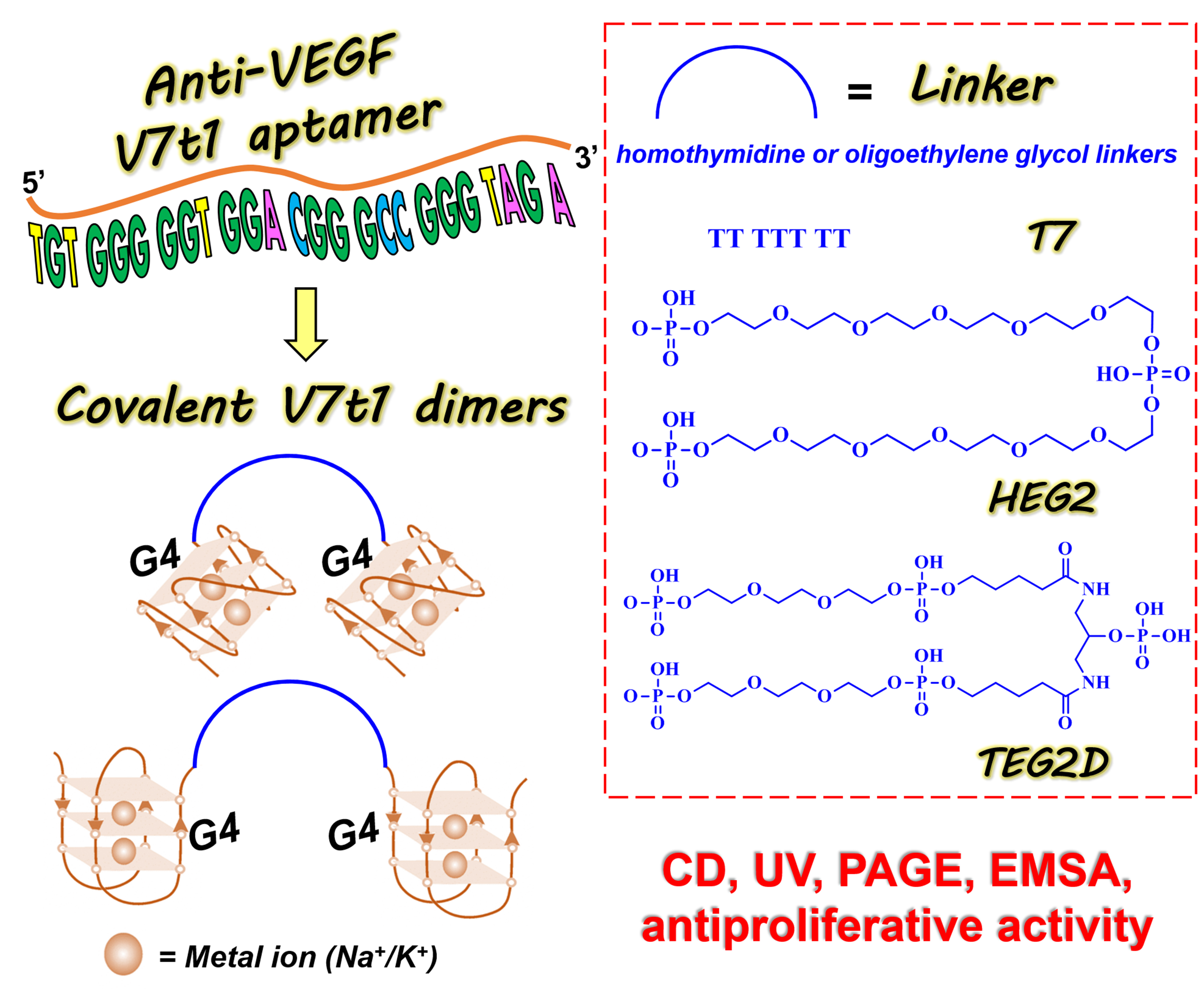
Ijms Free Full Text Tuning The Polymorphism Of The Anti Vegf G Rich V7t1 Aptamer By Covalent Dimeric Constructs

Anti Vascular Endothelial Growth Factor Treatment Augments Tumor Radiation Response Under Normoxic Or Hypoxic Conditions Cancer Research

Retinal Physician Fine Tuning Your Anti Vegf Injection Protocols

Anti Vegf Therapy Eurotimes
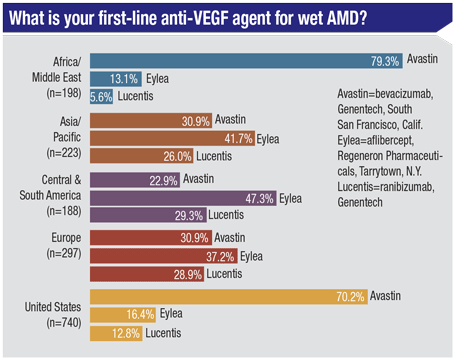
Anti Vegf 19 The State Of The Art
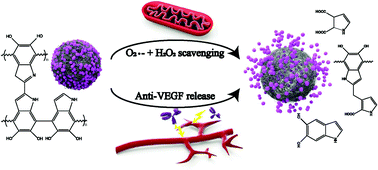
Controlled Release Of Anti Vegf By Redox Responsive Polydopamine Nanoparticles Nanoscale Rsc Publishing
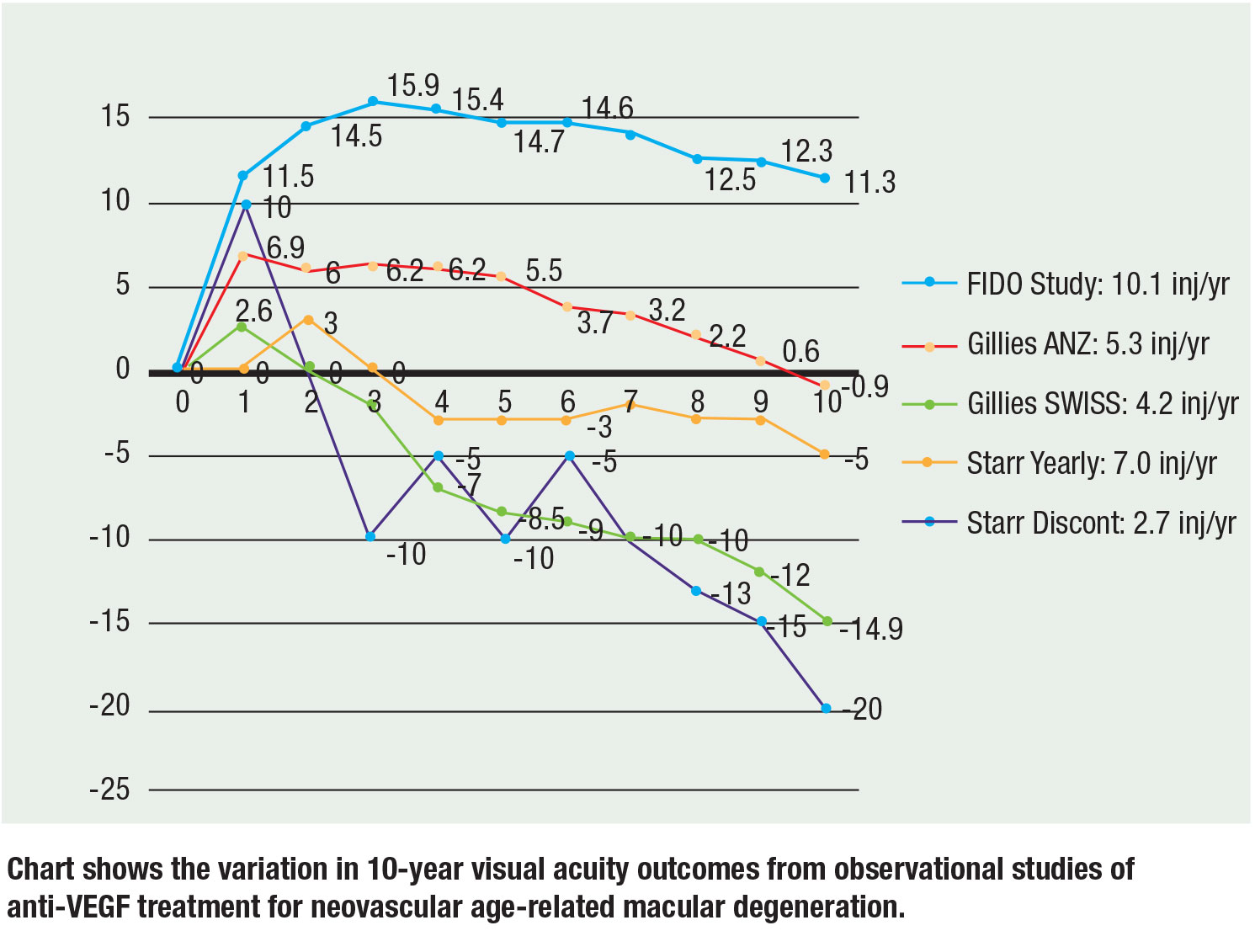
Long Term Anti Vegf Effect Six Questions Answered

Anti Vegf Intraocular Injection Aflibercept Ranibizumab Bevacizumab

Wet Amd Regenxbio
Q Tbn And9gcsu4pxhdoat3fl8bahiqxfiurjezb8mxqfqcz2kjccc2hkbjkp3 Usqp Cau

Visual Acuity Outcomes And Anti Vegf Therapy Intensity In Diabetic Macular Oedema A Real World Analysis Of 28 658 Patient Eyes British Journal Of Ophthalmology

Anti Vegf Antibody Alexa Fluor 647 Conjugate Clone From Rabbit Alexa Fluor 647 Sigma Aldrich

Risk Of Systemic Adverse Events Associated With Intravitreal Anti Vegf Therapy For Diabetic Macular Edema In Routine Clinical Practice Ophthalmology

Intravitreal Anti Vegf Drug Delivery Systems For Age Related Macular Degeneration Sciencedirect
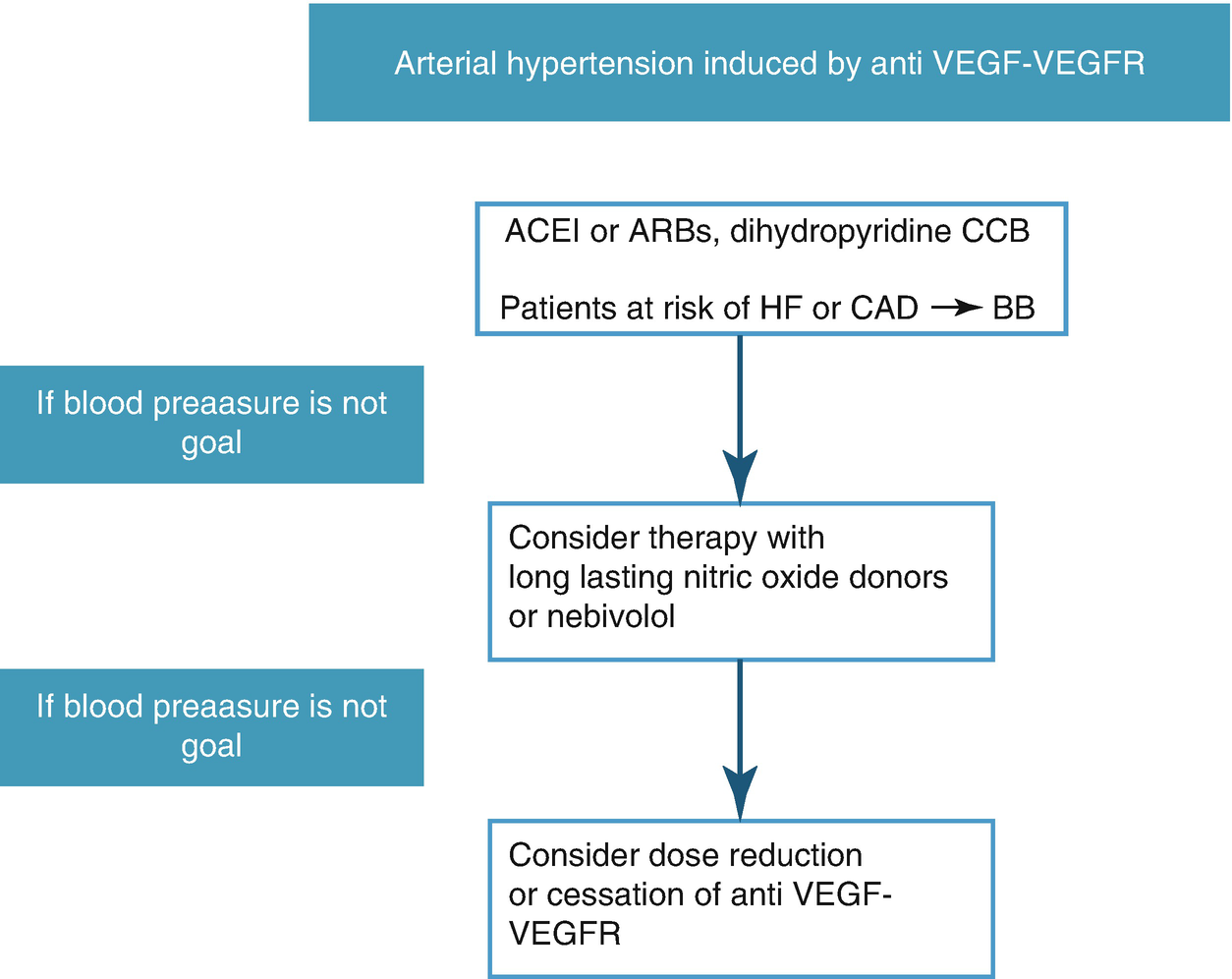
Cardiovascular Damage Induced By Anti Vegf Therapy Springerlink
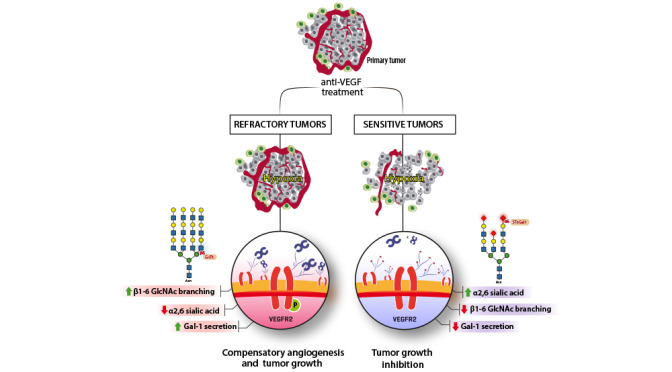
Gal1 Mediated Resistance To Anti Vegf Therapy Rabinovich Lab
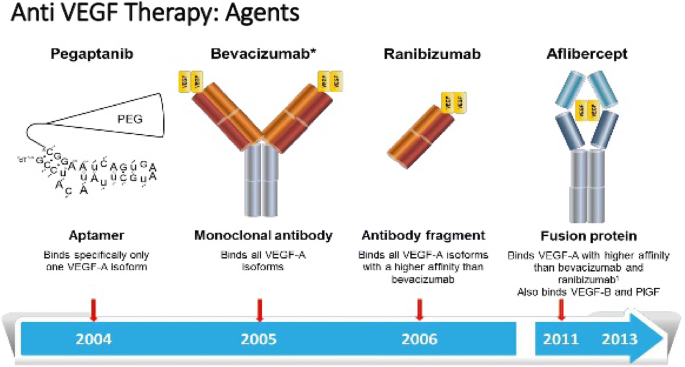
Intravitreal Anti Vegf Agents And Cardiovascular Risk Springerlink
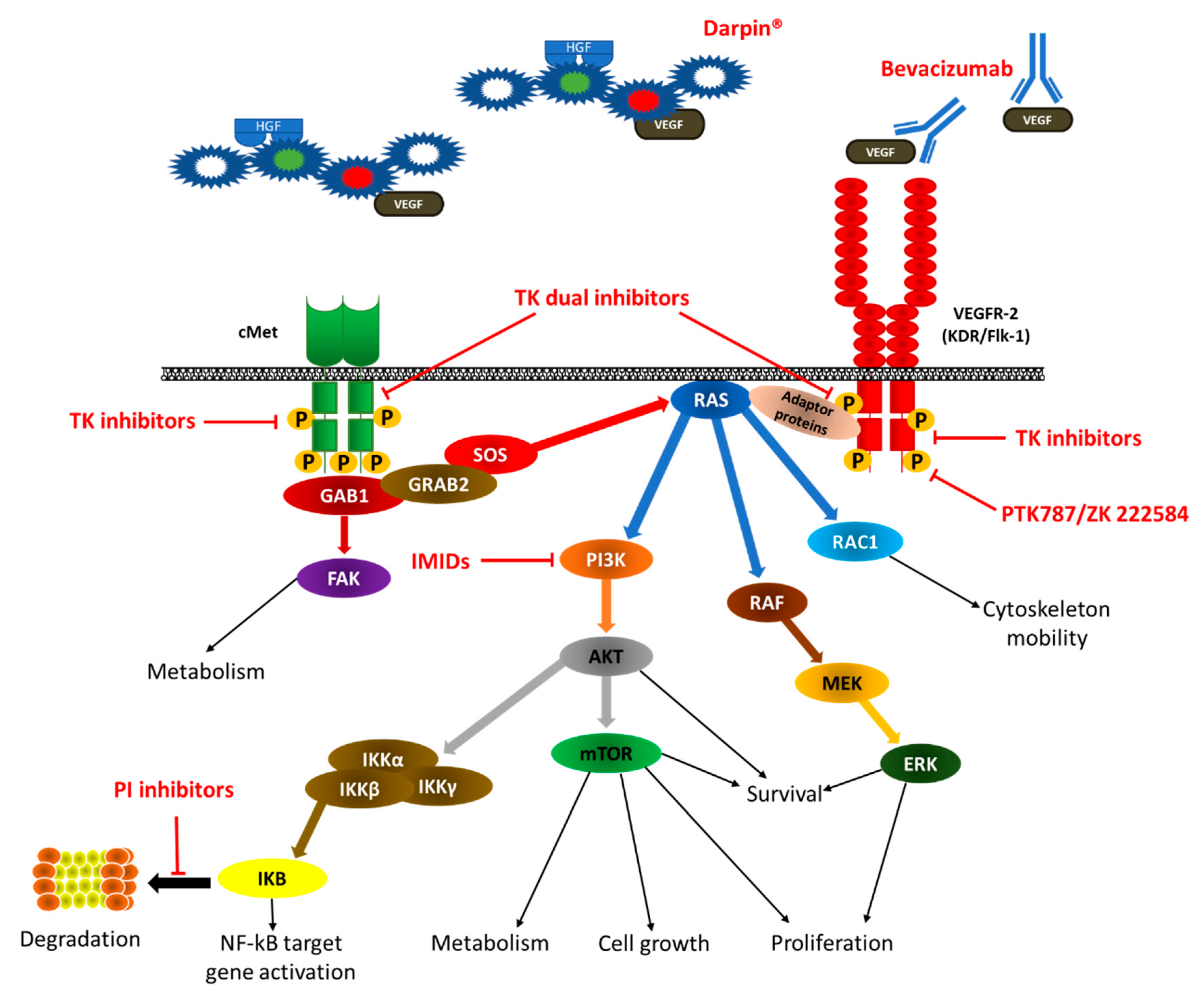
Jcm Free Full Text Anti Vegf Drugs In The Treatment Of Multiple Myeloma Patients Html
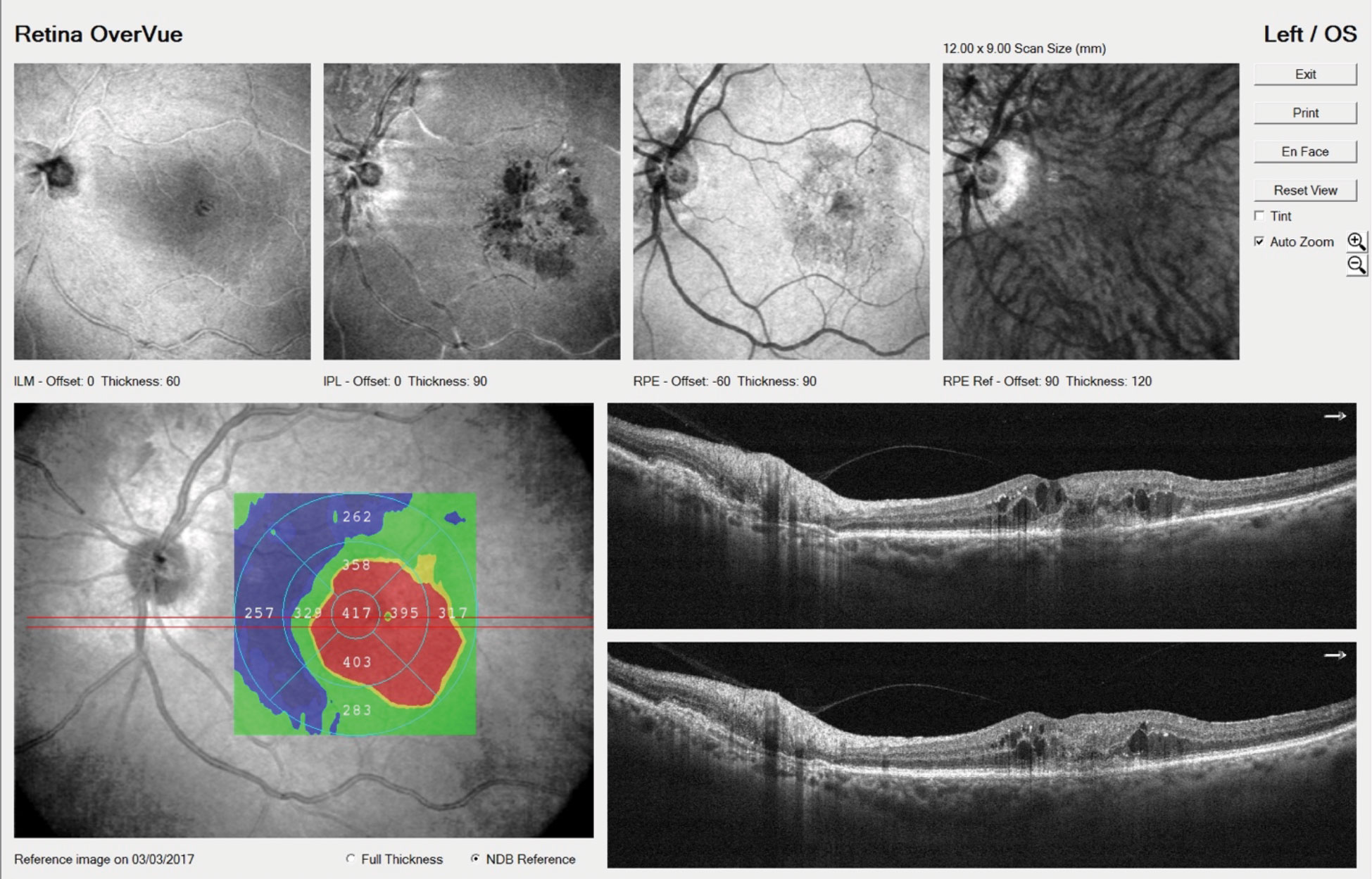
Setting Patient Expectations For Anti Vegf Therapy

Long Term Anti Vegf Effect Six Questions Answered

Iop And Anti Vegf Drugs What We Know So Far

Treatment Of Rop With Anti Vegf Therapy A Chilean Perspective Retina Today
Study Affirms Systemic Safety Of Anti Vegf Treatments American Academy Of Ophthalmology

Study Associates Frequent Anti Vegf Injections With Risk Of Mild Cognitive Impairment Modern Retina
Q Tbn And9gcsbn1ykmtbrbjxwfhh Zczbfzrlmcsnjccnvsamvjvoubeicu6z Usqp Cau
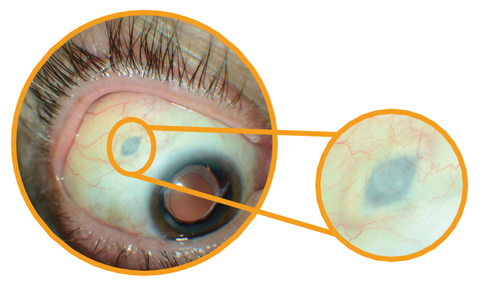
Breaking The Burden A New Way To Deliver Anti Vegf
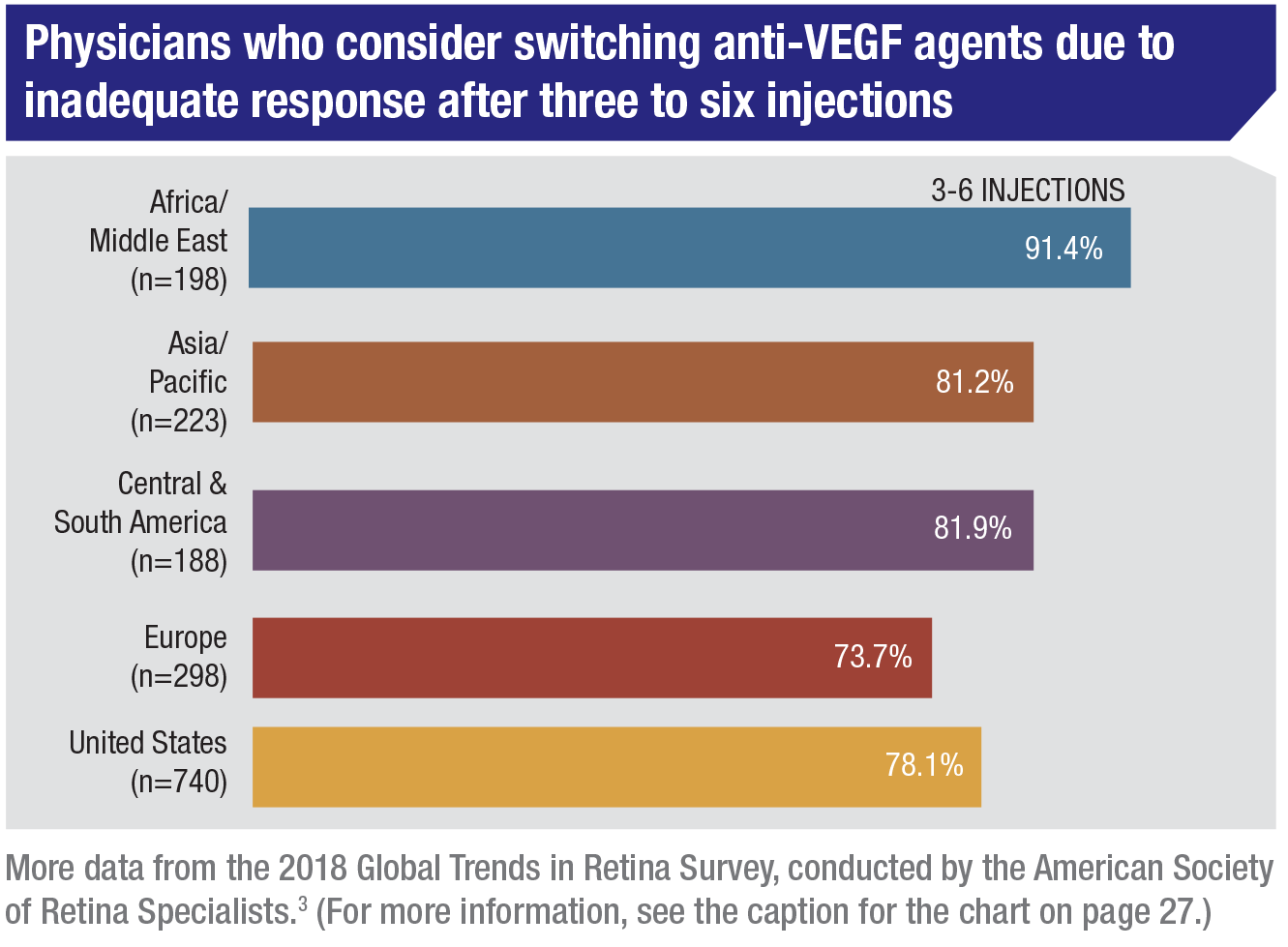
Anti Vegf 19 The State Of The Art

Full Text Anti Vegf Treatment Of Macular Edema Associated With Retinal Vein Occl Opth

An Open Source Dataset Of Anti Vegf Therapy In Diabetic Macular Oedema Patients Over Four Years Their Visual Outcomes Medrxiv
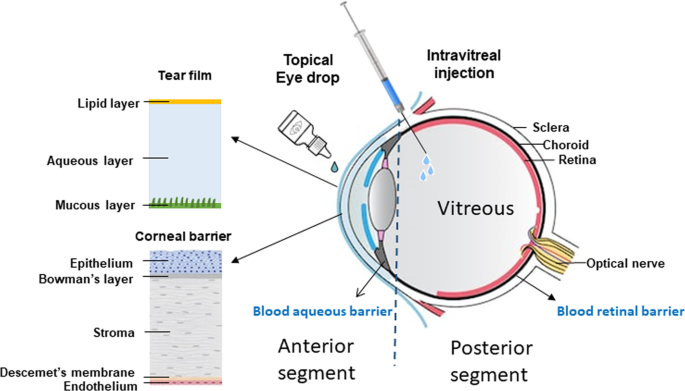
Use Of Biomaterials For Sustained Delivery Of Anti Vegf To Treat Retinal Diseases Eye

Pdf Anti Vegf Treatment Of Diabetic Macular Edema In Clinical Practice Effectiveness And Patterns Of Use Echo Study Report 1 Semantic Scholar

Glycosylation Dependent Lectin Receptor Interactions Preserve Angiogenesis In Anti Vegf Refractory Tumors Cell
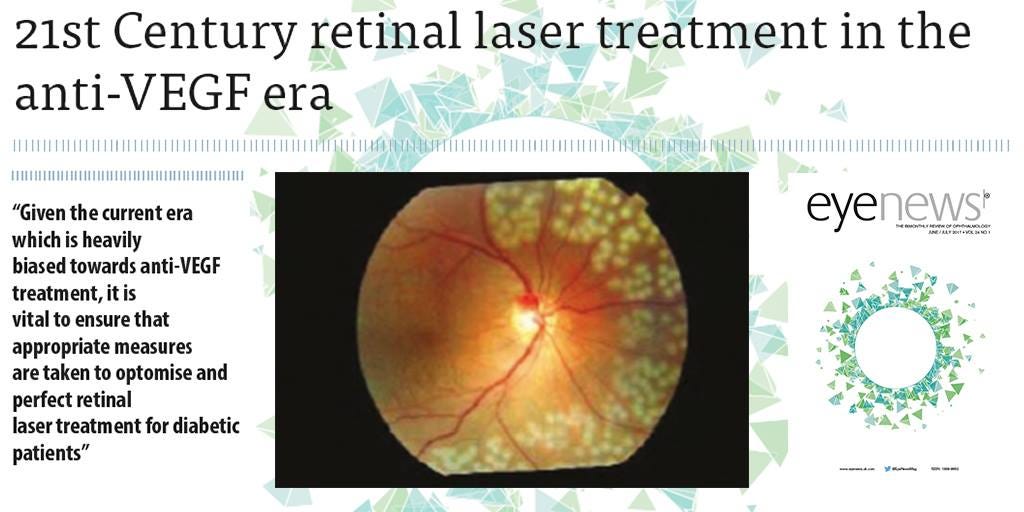
21st Century Retinal Laser Treatment In The Anti Vegf Era By Eye News Medium



